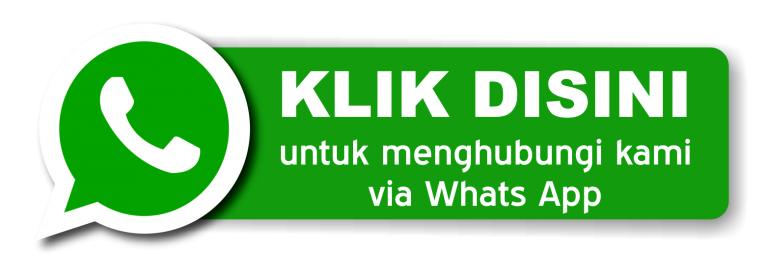Penerapan Model Inquiry untuk Meningkatkan Pemahaman Siswa pada Pembelajaran IPA
DOI:
https://doi.org/10.61722/jipm.v3i5.1245Keywords:
Inquiry, Student Understanding, Science Learning (IPA)Abstract
The purpose of this research is to describe the steps, advantages, and disadvantages of implementing the Inquiry-based learning model in Science Education (IPA) at Madrasah Tsanawiyah Negeri 4, Klaten Regency and Madrasah Tsanawiyah Negeri 1 Klaten. This research uses a qualitative approach. The subjects of this study are the teachers. Data collection techniques include interviews, observations, and documentation. The results of this study are: 1) The steps of the Inquiry model include orientation, formulating the problem, formulating hypotheses, collecting data, testing hypotheses, and formulating conclusions; 2) The advantages of the Inquiry model include being a learning model that emphasizes the development of cognitive, affective, and psychomotor aspects in a balanced way, making learning through this model considered more meaningful. The Inquiry model provides space for students to learn according to their learning styles, and it is considered suitable for modern learning psychology, which views learning as a process of behavioral change through experience. This learning model can cater to students with above-average abilities; 3) The disadvantages of the Inquiry model include difficulty in controlling students' activities and success, challenges in planning lessons due to students' learning habits, requiring a long period of time, which makes it difficult for teachers to align it with the predetermined schedule, and the success of learning is determined by students' ability to master the subject matter. The conclusion of this study is that the Inquiry model can be applied in the learning process as an effort to enhance student understanding during the learning process at the Madrasah Tsanawiyah or Junior High School level."
References
Fatonah, Siti, Pembelajaran Sains (Yogyakarta: Ombak, 2014)
Mulyasa, E, Menjadi Guru Profesional: Menciptakan Pembelajaran Kreatif Dan Menyenangkan (Bandung: PT Remaja Rosdakarya, 2005)
Sanjaya, Wina, Metode Pembelajaran Berorientasi Standar Proses Pendidikan (Jakarta: Kencana, 2007)
———, Strategi Pembelajaran Berorientasi Standar Proses Pendidikan (Jakarta: Kencana Prenadamedia Group, 2006)
Sudijono, Anas, Pengantar Evaluasi Pendidikan (Jakarta: Rajawali Pers, 2011)
Sugiyono, Metode Penelitian Kuantitatif, Kualitatif Dan R & D (Alfabeta, 2022)
Downloads
Published
How to Cite
Issue
Section
License
Copyright (c) 2025 JURNAL ILMIAH PENELITIAN MAHASISWA

This work is licensed under a Creative Commons Attribution-ShareAlike 4.0 International License.













